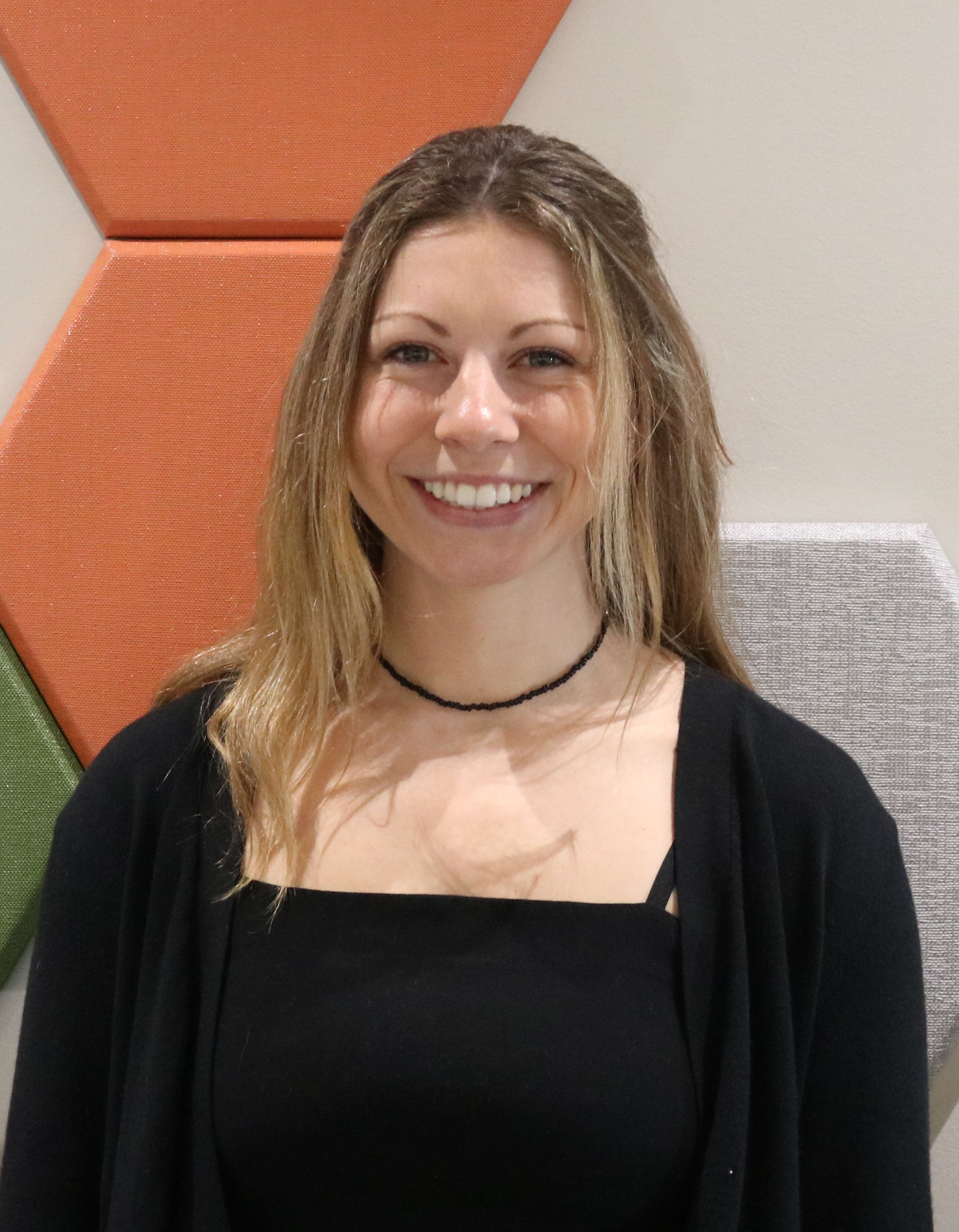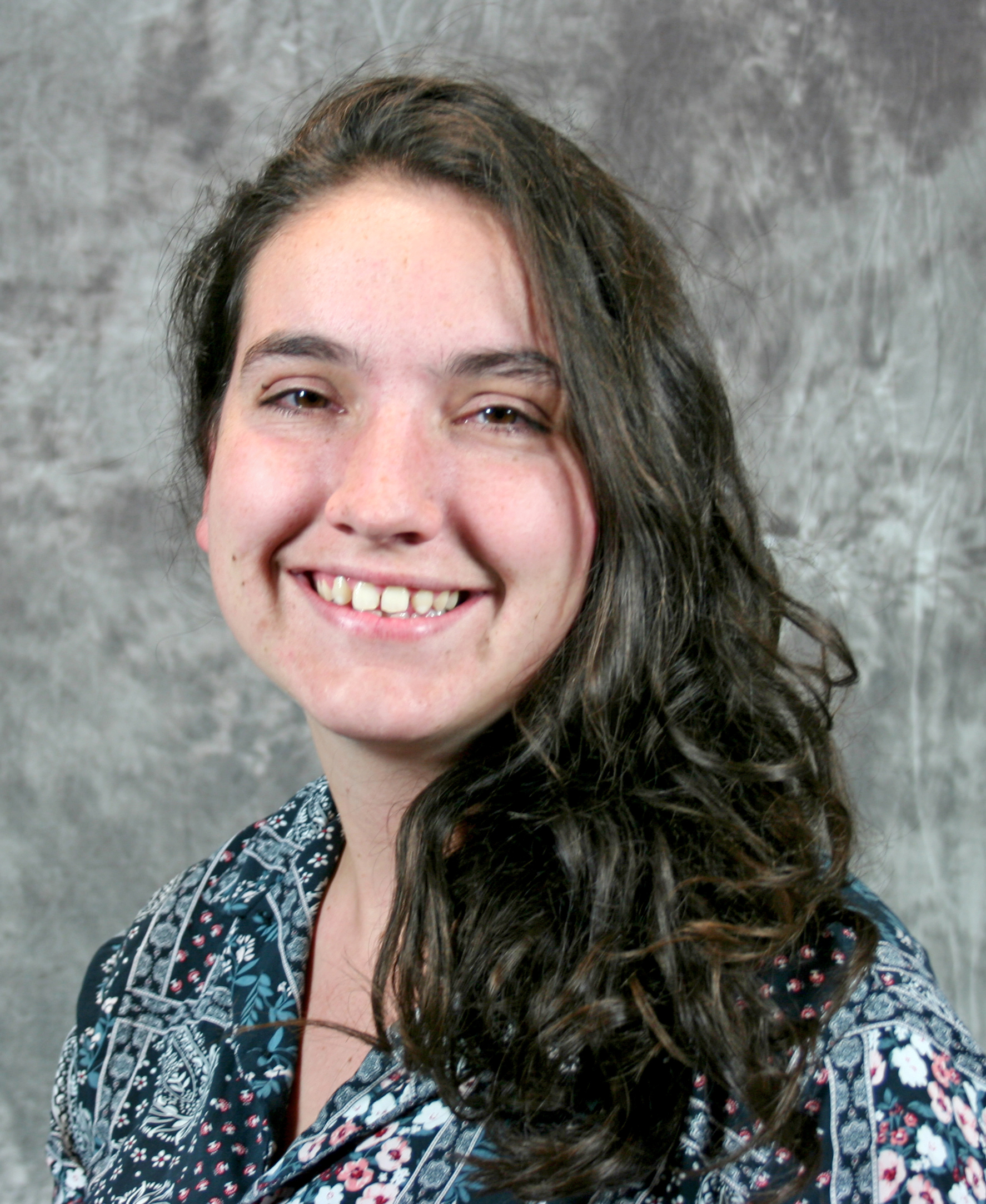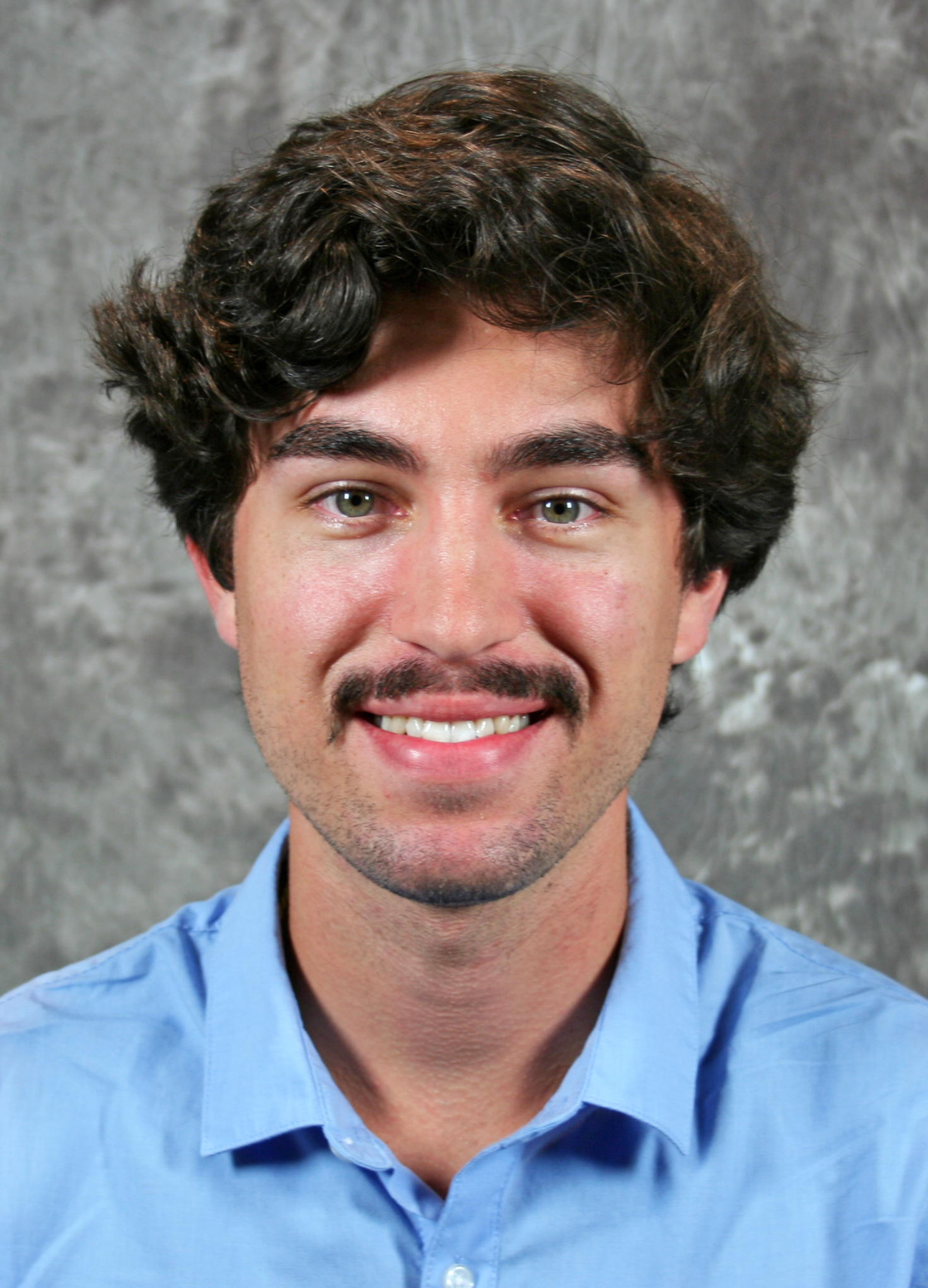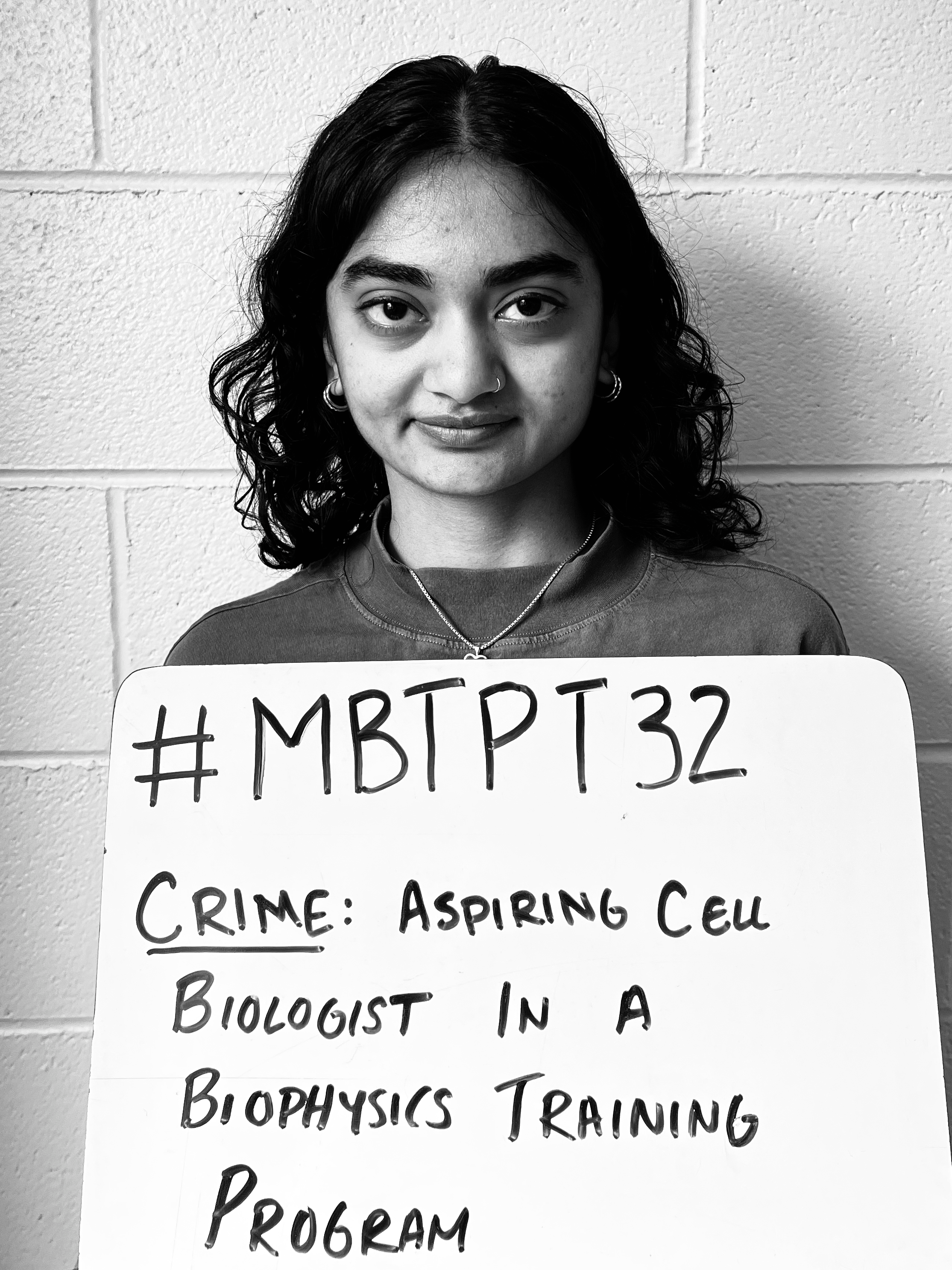Sydney Beechboard (Mesecar Lab)

Sydney is a 2nd year graduate student in the Mesecar lab in the department of Biochemistry. She graduated from Ball State University with a degree in Chemistry in 2022. Sydney's research involves studying drug resistance in the main protease of the SARS-CoV-2 virus, 3CLpro, using kinetic and structural analysis. Clinical mutants are examined with FRET-based assays before as well as by X-ray crystallography. She is also involved in drug discovery efforts to identify inhibitors that retain potency against these mutants.

Michelle is a 3rd year Ph.D. candidate in Dr. Nicholas Noinaj’s research group in the Department of Biological Sciences. Before coming to Purdue, she earned her Bachelor of Science in Clinical Microbiology from the National Autonomous University of Honduras. Her research focuses on the interactions between the β-barrel machinery assembly complex (BAM) and chaperone proteins such as SurA in E. coli. The BAM complex is a ∼200 kDa heteropentameric complex comprising the major conserved subunit BamA and four lipoproteins BamB, C, D, and E. SurA is the major periplasmic chaperone protein that binds to unfolded outer membrane proteins (OMPs), thereby preventing their aggregation and misfolding. SurA also interacts with the BAM complex, and its binding to BamA is crucial for efficiently inserting OMPs into the outer membrane. Michelle plans to use cryo-electron microscopy, SPR, and FRET-based assays to elucidate the mechanisms underlying the proper folding and insertion OMPs into the outer membrane of Gram-negative bacteria, offering insight into the design of novel drugs targeting the BAM complex in pathogenic bacteria.

Mercedes graduated from Purdue University with a B. S. in Genetics and is beginning her 2nd year in the Medicinal Chemistry and Molecular Pharmacology Department under the supervision of Dr. Danzhou Yang. Her research focuses on small molecule-targeting of the MYC promoter G-quadruplex (MycG4). MYC is one of the most commonly deregulated oncogenes in cancer and the protein is often considered to be undruggable due to its short half-life and disordered structure. The MycG4 is known to be a transcriptional silencer of the MYC oncogene. Currently, she is working on using NMR to study the structure of the MycG4-indenoisoquinoline complex. This will provide a structural basis for understanding the molecular recognition of MycG4 by indenoisoquinoline analogs and will help with developing analogs that stabilize its structure. In parallel, Mercedes is using biophysical techniques such as CD spectroscopy, fluorescence binding assays, and fluorescence competition assays to characterize drug interactions with MycG4.

James Ellegate graduated with a Bachelor of Science in Biochemistry, along with minors in Chemistry and Medicinal Chemistry, from SUNY University at Buffalo in 2022. He is currently starting his second year in the Medicinal Chemistry and Molecular Pharmacology PhD program and conducting research under the supervision of Dr. Carol Post. Research in the Post Lab is broadly interested in understanding the dynamics and energetics of disease-related proteins. To this end, both experimental and computational approaches are used, mainly two-dimensional nuclear magnetic resonance spectroscopy and molecular dynamics simulations. James is specifically interested in developing new methods to model protein-peptide complexes using deep learning and molecular dynamics. The flexible nature of these systems makes them difficult to model, and current methods fall short. He hopes these methods can be applied to discover novel therapeutic peptides for a desired target.

Ryan received his Associate of Arts in Mandarin Chinese from the Defense Language Institute in 2011, and his Bachelor of Science in Chemistry with a concentration in Biochemistry from the University of North Alabama in 2022. He is currently a second-year PhD student in Dr. Lauren Ann Metskas’ lab in the Department of Chemistry. His research focuses on the ultrastucture of bacterial microcompartments. By leveraging cryo-electron tomography, Ryan is seeking to characterize the localization and orientation of enzymes within the propanediol utilization compartments found within Salmonella. These compartments sequester the enzymes involved in this pathway from the rest of the cell. By probing the localization and orientation of these proteins, Ryan hopes to better understand the purpose and mechanism of propanediol utilization compartment formation.

Ketaki graduated from Worcester Polytechnic Institute with a Bachelor of Science in Biology & Biotechnology. She is currently a 3rd year PULSe student working in Dr. Angeline Lyon’s research group in the Department of Chemistry. Phospholipase Ce (PLCe) is a highly conserved enzyme that regulates many signaling pathways. PLCe hydrolyzes the lipid phosphatidylinositol-4,5-bisphosphate (PIP2) into the second messengers inositol-1,4,5-triphosphate (IP3) and diacylglycerol (DAG), which increase intracellular Ca2+ and activate protein kinase C. PLCe is subject to multiple layers of regulation, including autoinhibition, membrane localization, and allosteric activation by small G proteins. Ketaki is studying the activation of by Ras G-proteins using a combination of cell-based assays, single molecule microscopy, and cryo-electron microscopy.